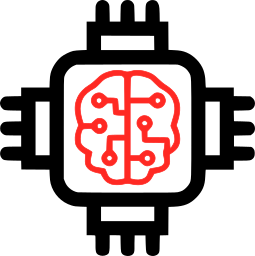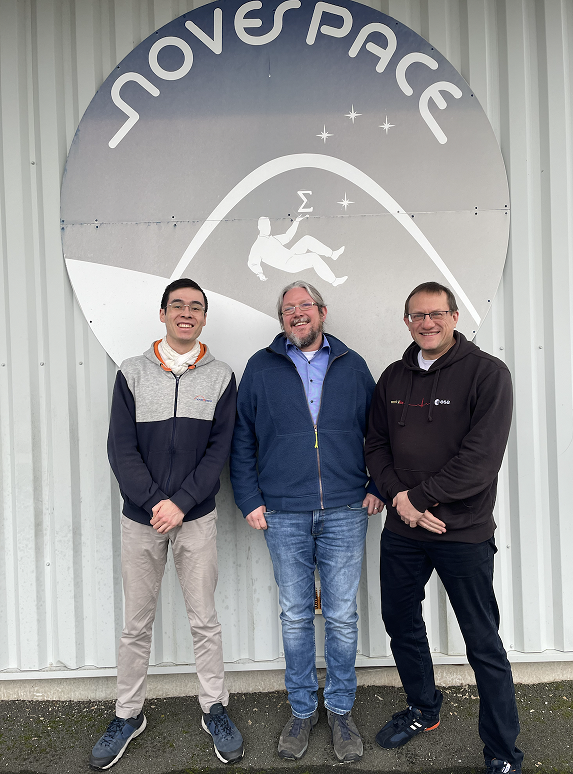This week, THHORs BOLT from Hamburg Space Team e.V. as part of our CubeSat LAB, participated in a student training week at Esrange Space Center near Kiruna, Sweden. The team was accompanied by Marek Jahnke, who joined the trip as a supervising PhD candidate. During the training week, the team worked on the further development of their LiFi experiment. Within the campaign we will investigate and exploit results from SatelLight, e.g. optical communication approaches for future space applications. The experiment will fly on REXUS 37, a suborbital research rocket as part of the 17th cycle of the REXUS/BEXUS programme. The programme is organised by the German Aerospace Center (DLR), the Swedish National Space Agency, the European Space Agency (ESA), as well as SSC Space and ZARM. Many thanks for the trust and this great opportunity!
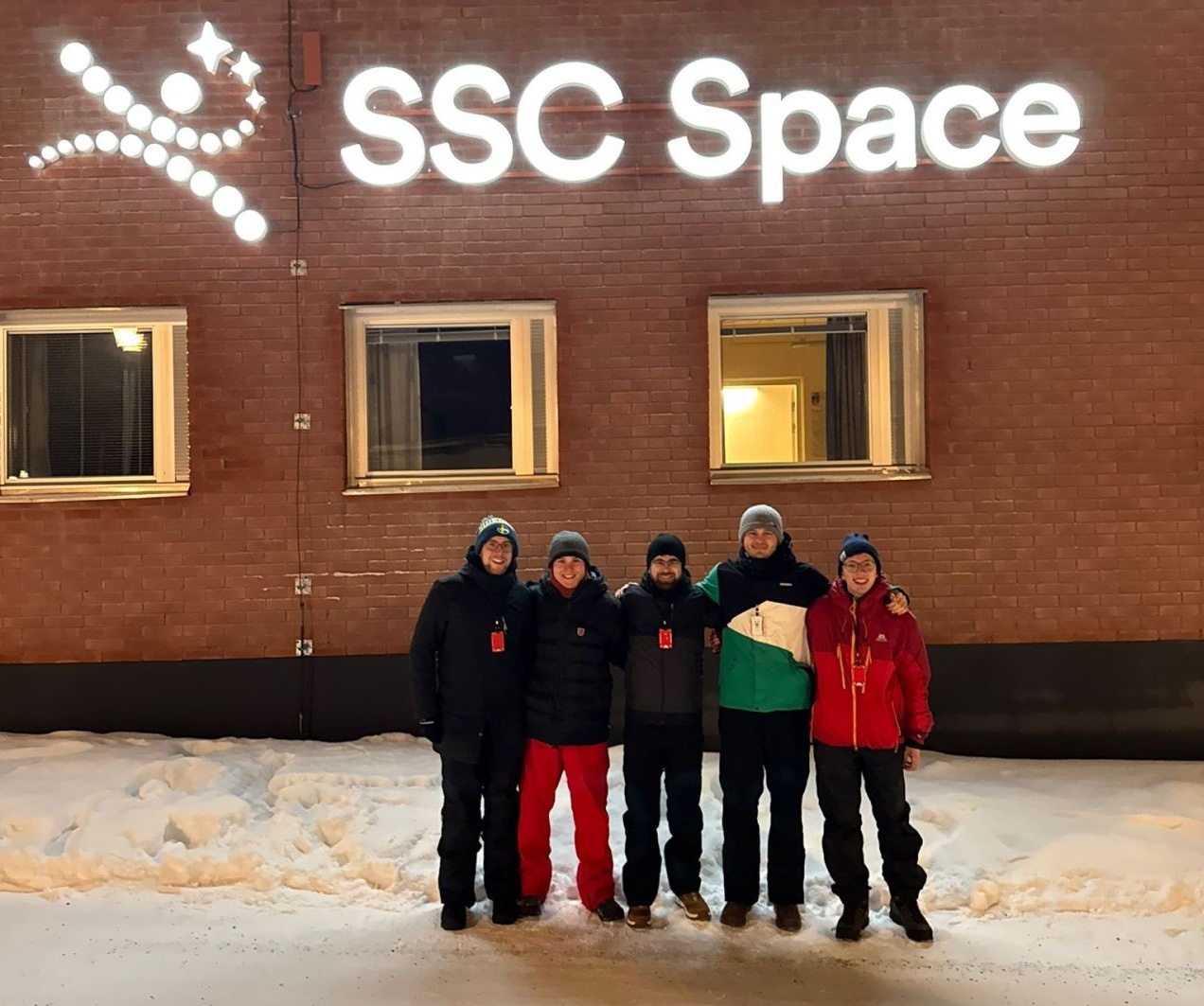
In the summer and on behalf of Stiftung Innovation in der Hochschullehre, we had a visit from BewegtBildBüro Ohlendorf, who created a nice video about our work in our EduSat teaching innovation project. The result can be seen on YouTube. Feel free to share it with all interested students! In the long term, we have the ambitious plan to establish the field of space electronics here in Hamburg and open up the TUHH for all motivated students interested in space technology. Many thanks to Yannick Loeck and our students from the CubeSat LAB, as well as to THHOR/Space Team e.V. for their continuous support in making great things happen!
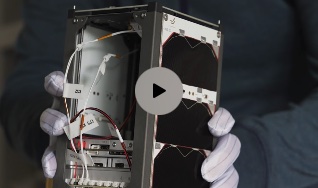
The Smart Sensors Group at Hamburg University of Technology is back in Bordeaux for the 45th DLR Parabolic Flight Campaign, continuing their ARTiFACTS research on how gravity affects seismocardiogram (SCG) signals to advance astronaut health monitoring. Led by Ulf Kulau, the team collaborates with Bielefeld University to conduct experiments in microgravity. The data we collect as part of the campaign is extremely valuable for our DFG project KORVEKSiS. It enables us to derive new models for compensated location vectors. Many thanks to DLR and Novespace for their outstanding support of our Research.
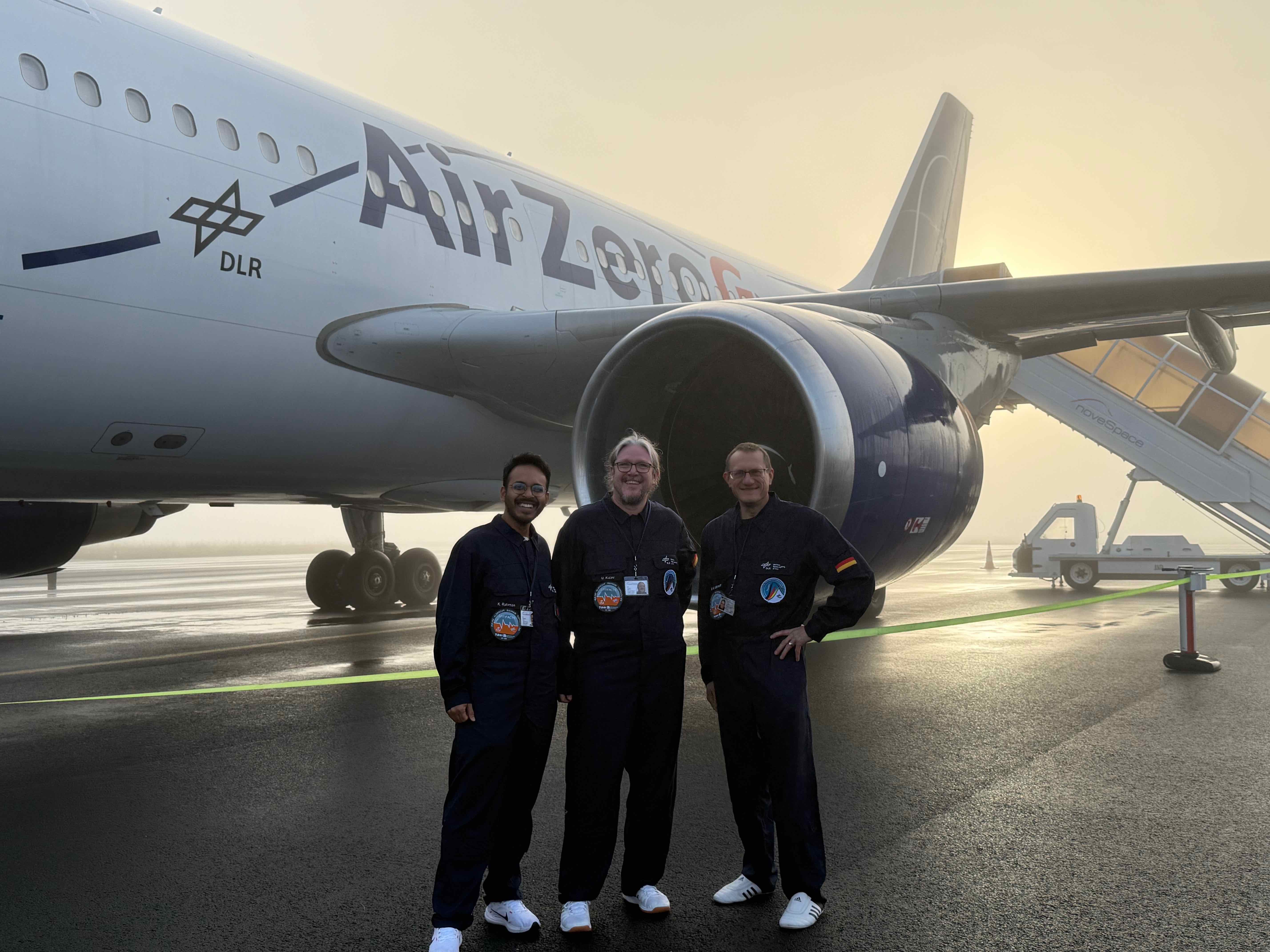
This week, Marek Jahnke is at IEEE WISEE 2025 in Halifax, presenting his publication Light Simulation Framework for the Optimization of Spatial Structures for Intra-Satellite LiFi-Communication. At the same time, his journal paper Implementation and Evaluation of CSBM for Intra-Satellite Communication with Cuboid-Based Signal-Space generated Symbols has been accepted by IEEE Journal of Radio Frequency Identification. This is a fantastic result from the work carried out as part of our SatelLight project together with TU Berlin. Congratulations to Marek and a great achievement by the whole team.
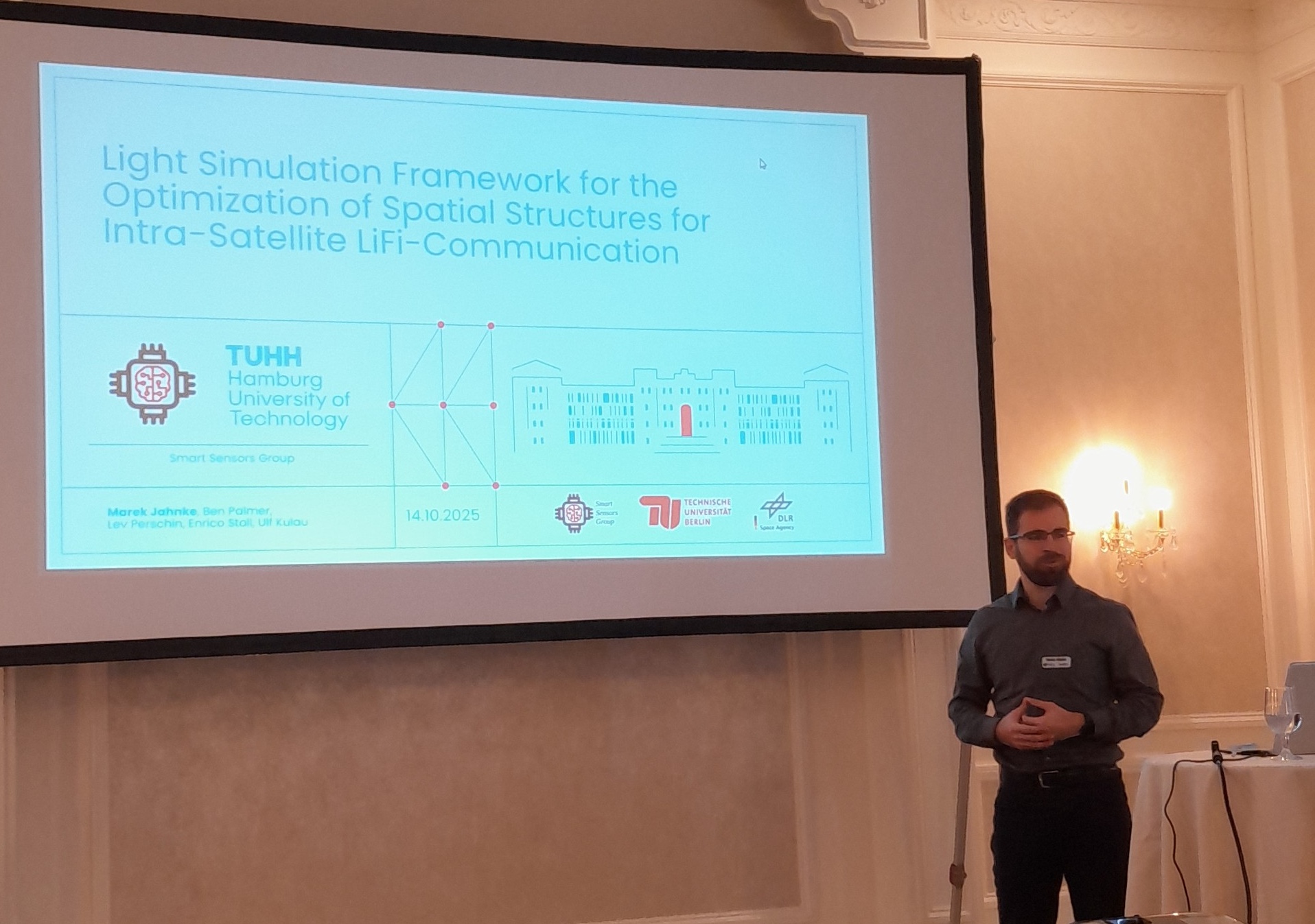
This week, the Smart Sensors Group had the privilege to take part in an exceptional experiment at HollandPTC, conducted within the framework of the RADNEXT initiative. The main goals of our experiment were 1) Observing the radiation resilience of SpacePatch, our SCG sensor system designed for astronaut health monitoring and 2) Validating the ISFD mechanism in FPGAs for Single Event Upset (SEU) detection. Both experiments were successfully carried out under a proton beam environment. Huge thanks to our PhD researchers Kazi Mohammad Abidur Rahman and Lucas Bublitz for their excellent planning and flawless execution of the experiment, and to HollandPTC, with special appreciation to Thomas Toet and Dr. rer. nat. Nils Krah, for their excellent support. We are also grateful to RADNEXT for providing this invaluable opportunity.
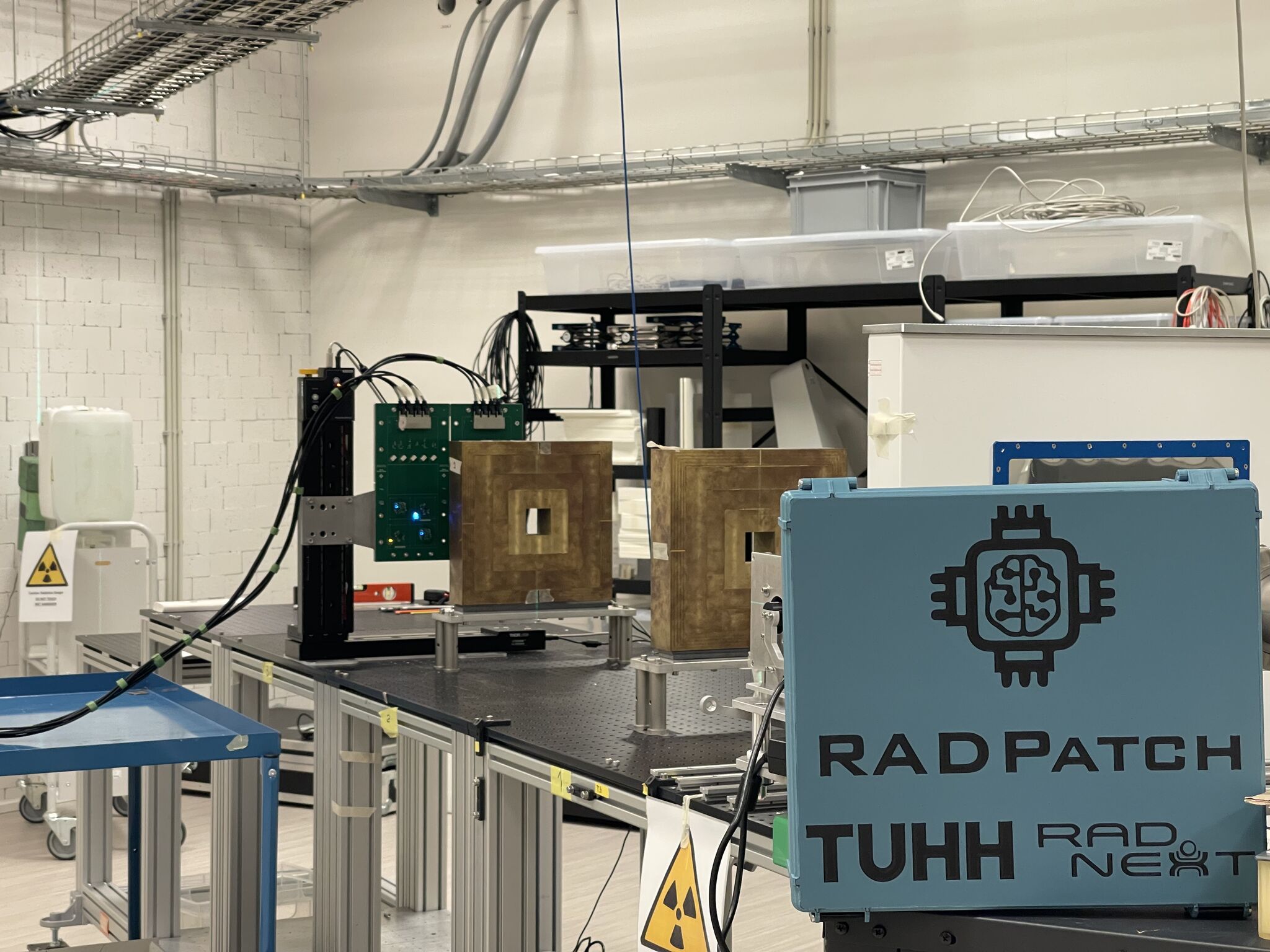
In the upcoming winter semester WS25, we will again offer interesting courses. The lecture Energieeffizienz in eingebetteten Systemen and two Seminare on the topics of recent topics in machine learning, and sensors under space conditions. Another interesting course will be Research Based Learning. Seats are limited, please read the comments on the websites.
To mark the anniversary of the Stiftung Innovation in der Hochschullehre, NDR Hamburg Journal produced a report in which our CubeSat LAB was also featured. Many thanks to NDR for the wonderful presentation of our work, and we hope that we will be able to further expand teaching at the TUHH in the field of space electronics in the future. The report is available in the ARD media library here.
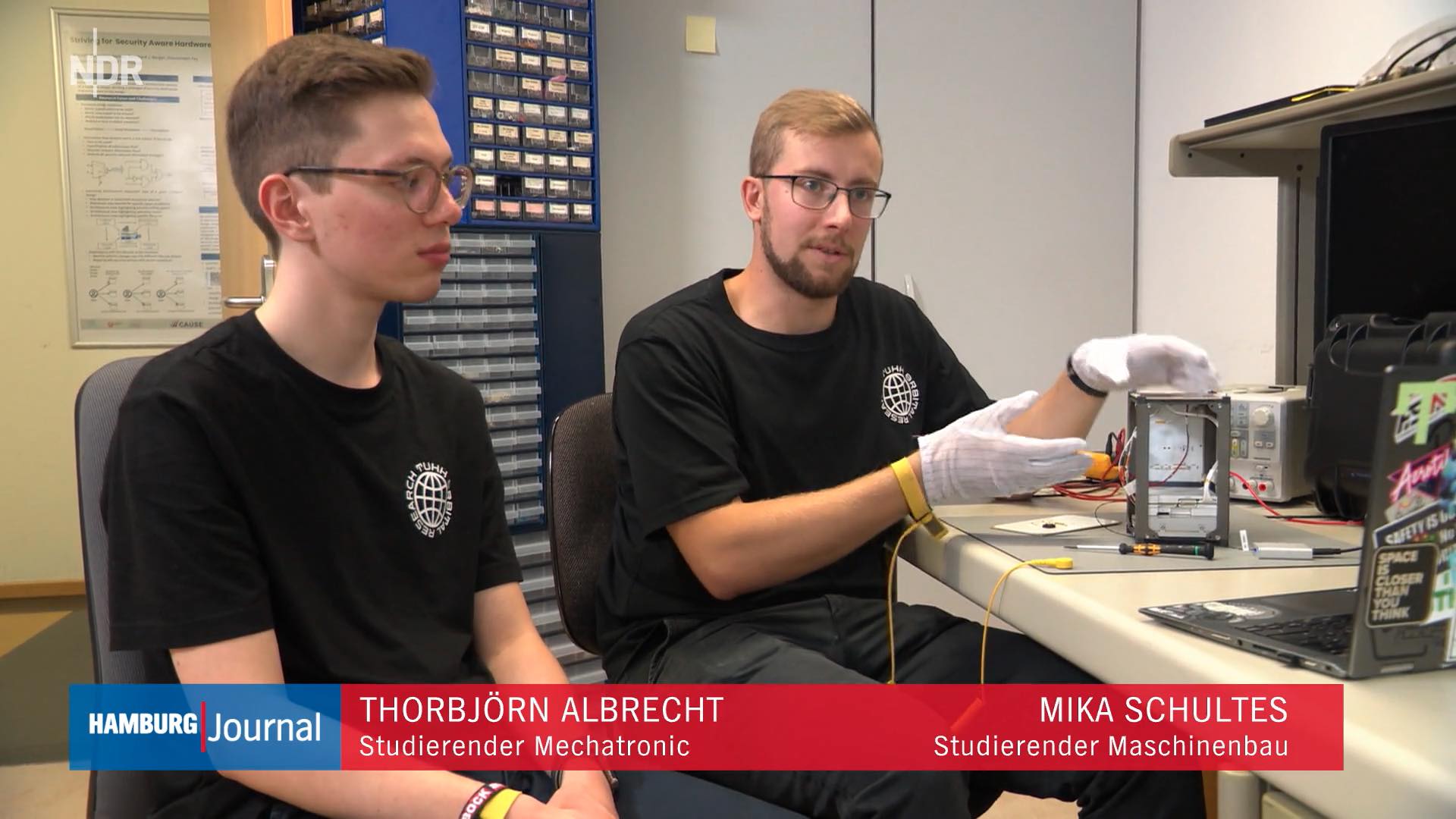
Davis Rakhshan joined the Smart Sensors group as Doctoral Researcher with the 1st of September. He will strengthen our research team and will work on the very exciting project BioDivKI2. Welcome, Davis!
The DLR released a very nice video that illustrates the PLUTO mission. Furthermore, the video shows nice insights to the architecture and components of the Satellite. We are proud and feel very honored that we are part of this great mission with our RISA experiment. Video can be found here and many thanks to our partners from DLR Bremen.
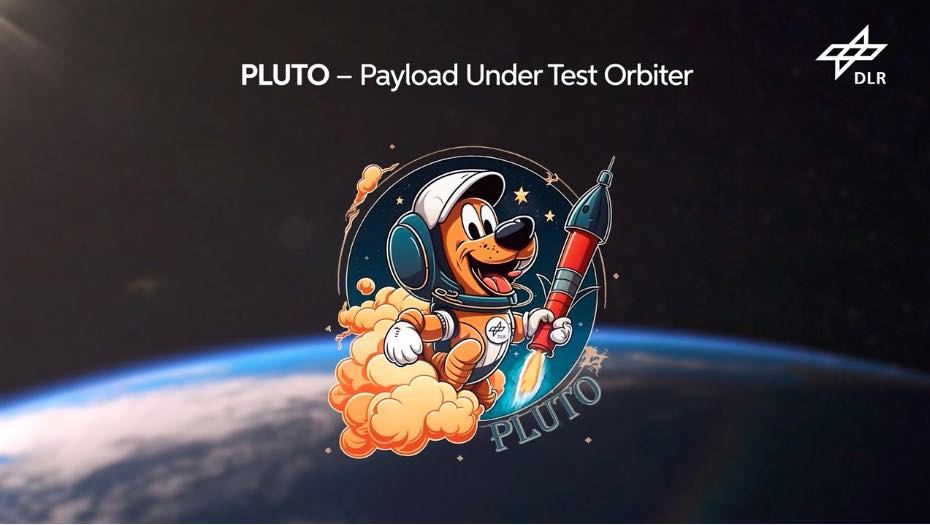
KORVEKSiS is dedicated to the overarching research question of how seismocardiographic signals (SCG) can be clearly characterized using resource-limited sensor technology in order to offer cost-effective, portable alternatives to traditional imaging methods for diagnostics and monitoring in medical care, prevention, and health promotion in the future. In the project, 3D acceleration sensors are fused with 3D gyroscopes and compensated, orientation-configurable local vectors are derived. This enables a location-based interpretation of the SCG signals based on the sensor position. In KORVEKSiS, previously KORVEKSiS takes into account previously neglected measurement uncertainties of the reference systems (artifacts, latencies, jitter, drift). Compensated location vectors provide a more stable and standardizable basis for the assignment of characteristic cardiac physiological signals of the reference systems, which are used in translational models. The project is funded by the DFG under the grant number 542151450.

As part of the two ongoing projects SArES and AuRelia we develop a spacegrade SCG sensor SpacePatch. Using the technology of this sensor, measurements of SCG in zero gravity and under hyper-g were carried out from June 2 to June 13, 2025, during the 44th DLR parabolic flight campaign. The aim was to collect data in order to investigate the hypothesis of artifact formation under gravity conditions during SCG signal formation. The measurement campaign was successful and data was collected from all phases of the flight. The data is currently being evaluated to derive novel signal processing for SCG. Further information can be found in the DLR press release. Many thanks to DLR, NoveSpace and our project partner from Bielefeld University.
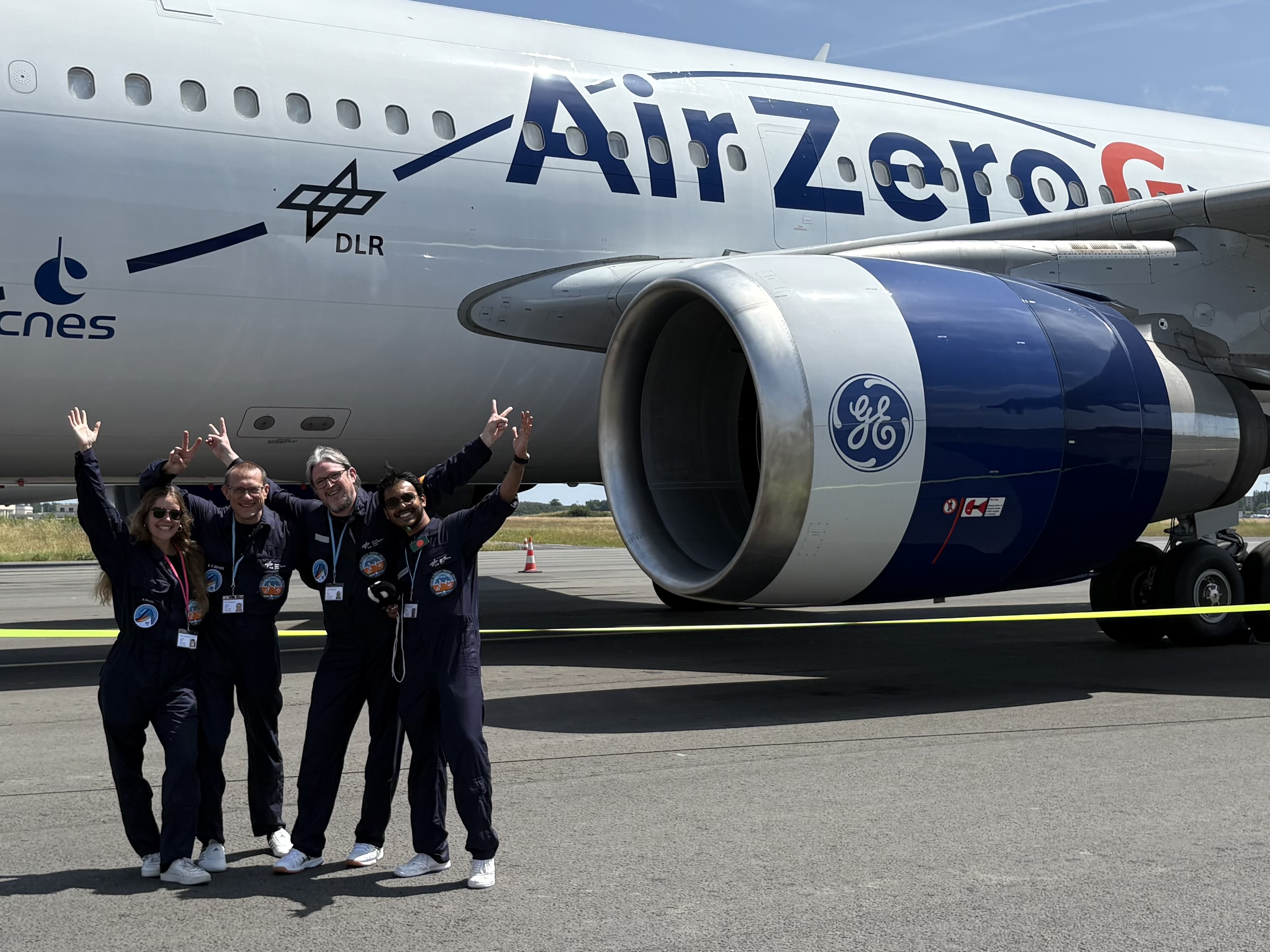
Under the name RISA - short for Reliability Investigation of Low Power FPGAs for Space Applications - the flight model of the payload was handed over to the German Aerospace Center (DLR) in Bremen following successful laboratory tests. This handover marks an important milestone, as the system will now be integrated into DLR's PLUTO satellite (Payload under Test Orbiter), which is due to be launched into space on the Spectrum rocket in the third quarter of 2025.
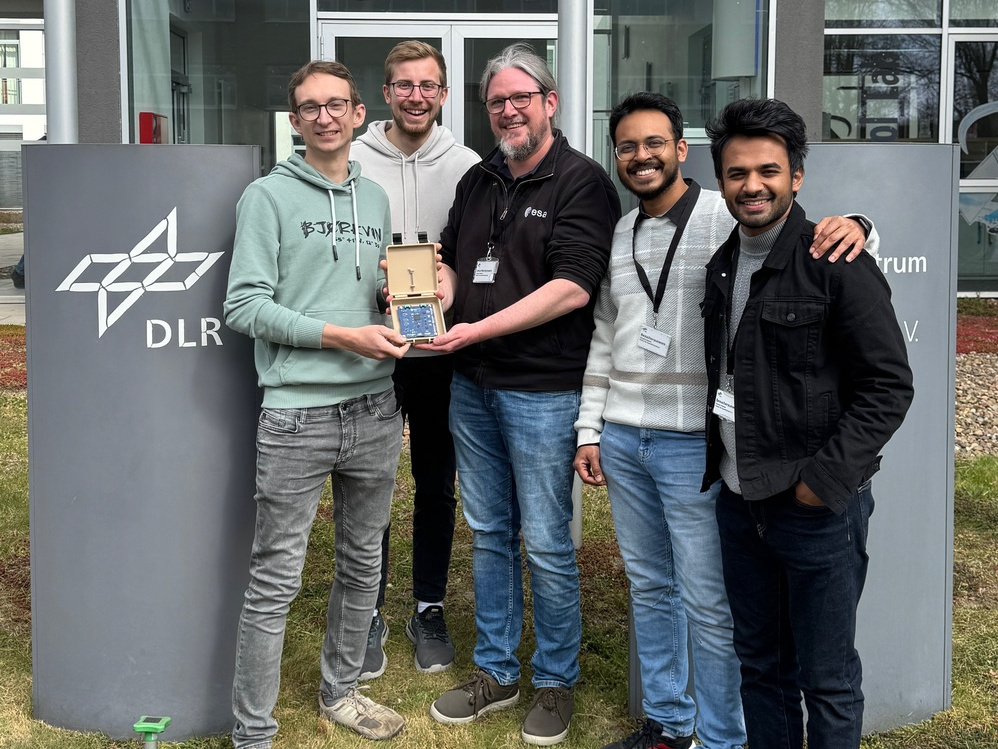
In the upcoming summer semester SS25, we will again offer interesting courses. The 'classic' lecture Smart Sensors for master students as well as our highlight Grundlagen Raumfahrtelektronik for bachelor students are on the List. One additional Seminare on the topic of RIOT OS complete the teaching activities.
Here we go! Our BMBF-funded joint project Biointakt - BioDivKI2 has started. Under the coordination of TU Clausthal and with the partners University of Göttingen, CAU Kiel, JKI, wer denkt was GmbH and Agvolution GmbH, we will be researching methods of biodiversity factor measurement based on robust intelligent acoustic sensors over the next 3 years. More information on the BioIntAkt website and our internal BioDivKI2 webpage.

On November 11, 2024 at 8:38 a.m., DLR's MAPHEUS 15 sounding rocket took off from Kiruna, Sweden, for a flight of over 300 km. Full press release of the TUHH can be found here. On board were 6 SpacePatches sensor systems from the Smart Sensors Group, which were developed as part of the ongoing AuRelia and SArES projects. Christopher Büchse played a key role in the project under the name RocketPatch. Many thanks to Dr. Jens Hauslage for enabling this opportunity and kudos to the entire DLR MAPHEUS team.
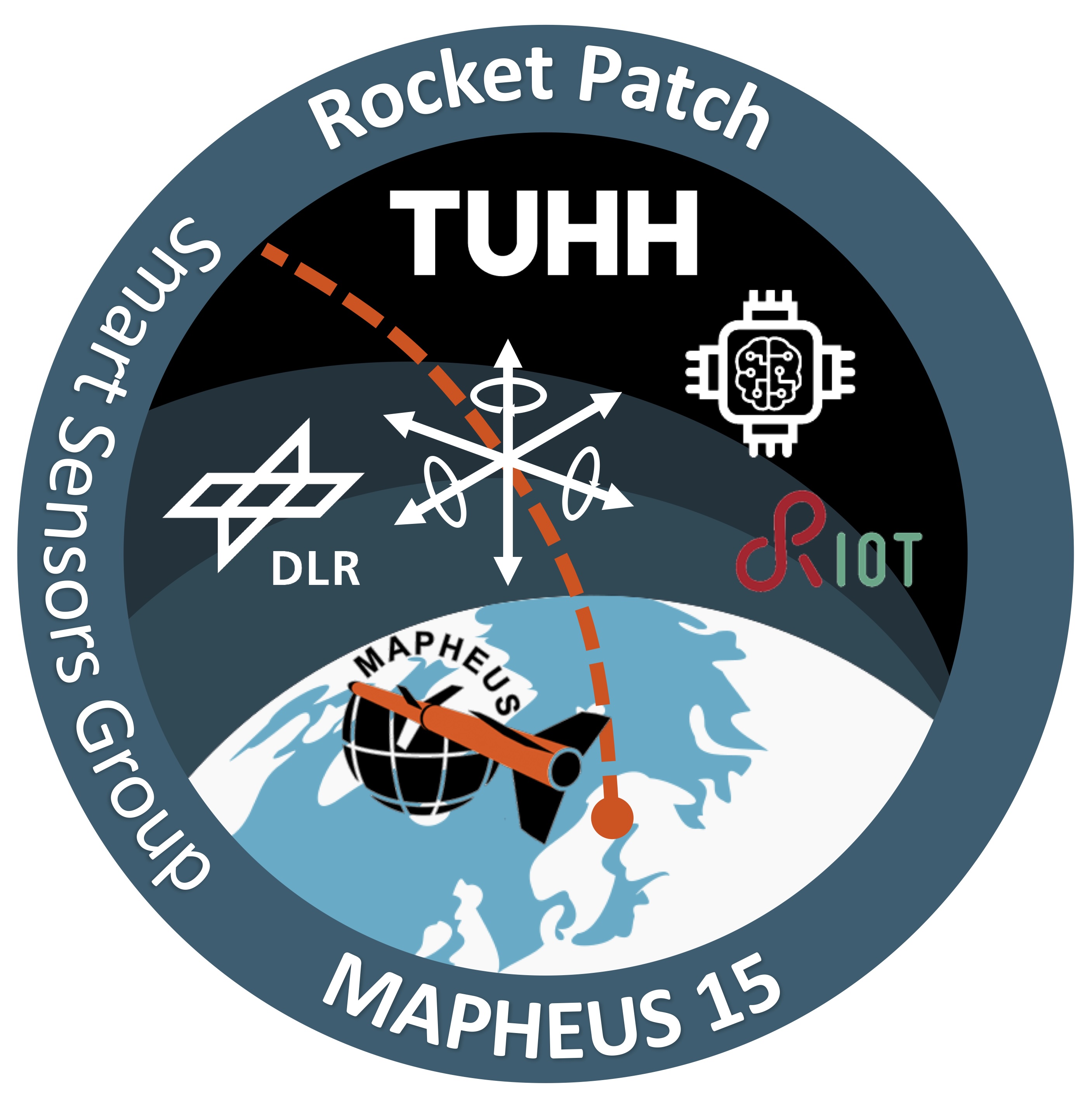
Missions to the moon and Mars are increasingly attracting the interest of manned space travel. What does this mean for researchers and space travelers? This question was the focus of the latest “Future Lecture” at Hamburg University of Technology. A particular highlight of the event was that TU Hamburg was able to welcome Dr. Markus Braun from the German Aerospace Center (DLR) as a guest speaker.
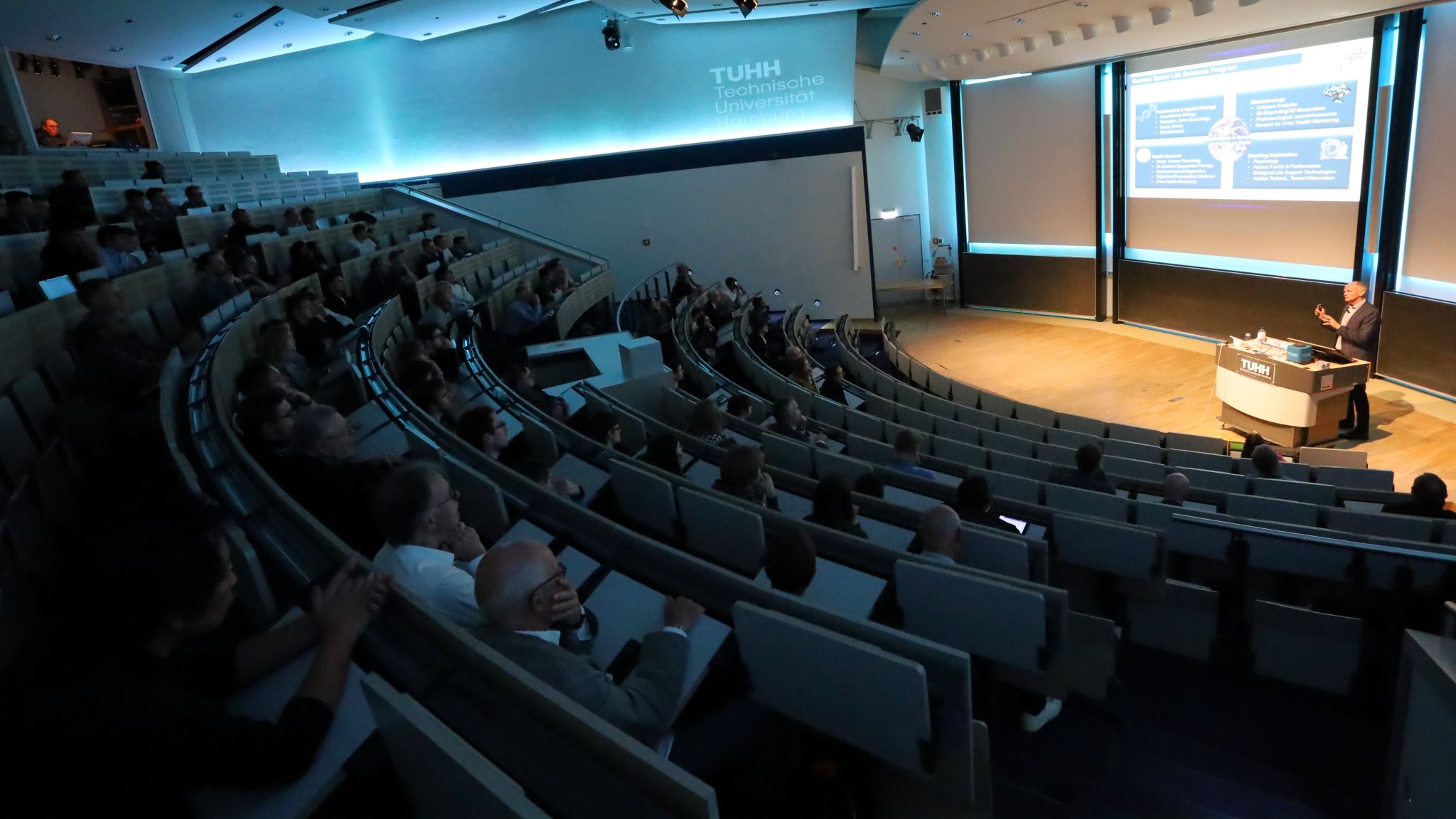
In the upcoming winter semester WS24, we will again offer interesting courses. The lecture Energieeffizienz in eingebetteten Systemen and two Seminare on the topics of intra-satellite communication using LiFi, and sensors under space conditions. Another interesting course will be Research Based Learning
Every year, the Verein Deutscher Ingenieure e.V. (VDI) and its local district association honor outstanding bachelor's, diploma and master's theses by young engineers in the Hamburg area. Julian Neundorf was awarded 2nd prize for his Master's thesis on “Investigation of the effect of different measurement voltage parameters in the bioimpedance measurement of potatoes”. Congratulations Julian!
Even though the experiments around BEAT were some time ago, things got exciting again last Friday. We received the hardware back from the ISS and subjected it to an initial inspection at DLR Bremen. Thank you again for the great collaboration with your colleagues at DLR Bremen. We are looking forward to the follow-up projects (BEAT and beyond!)
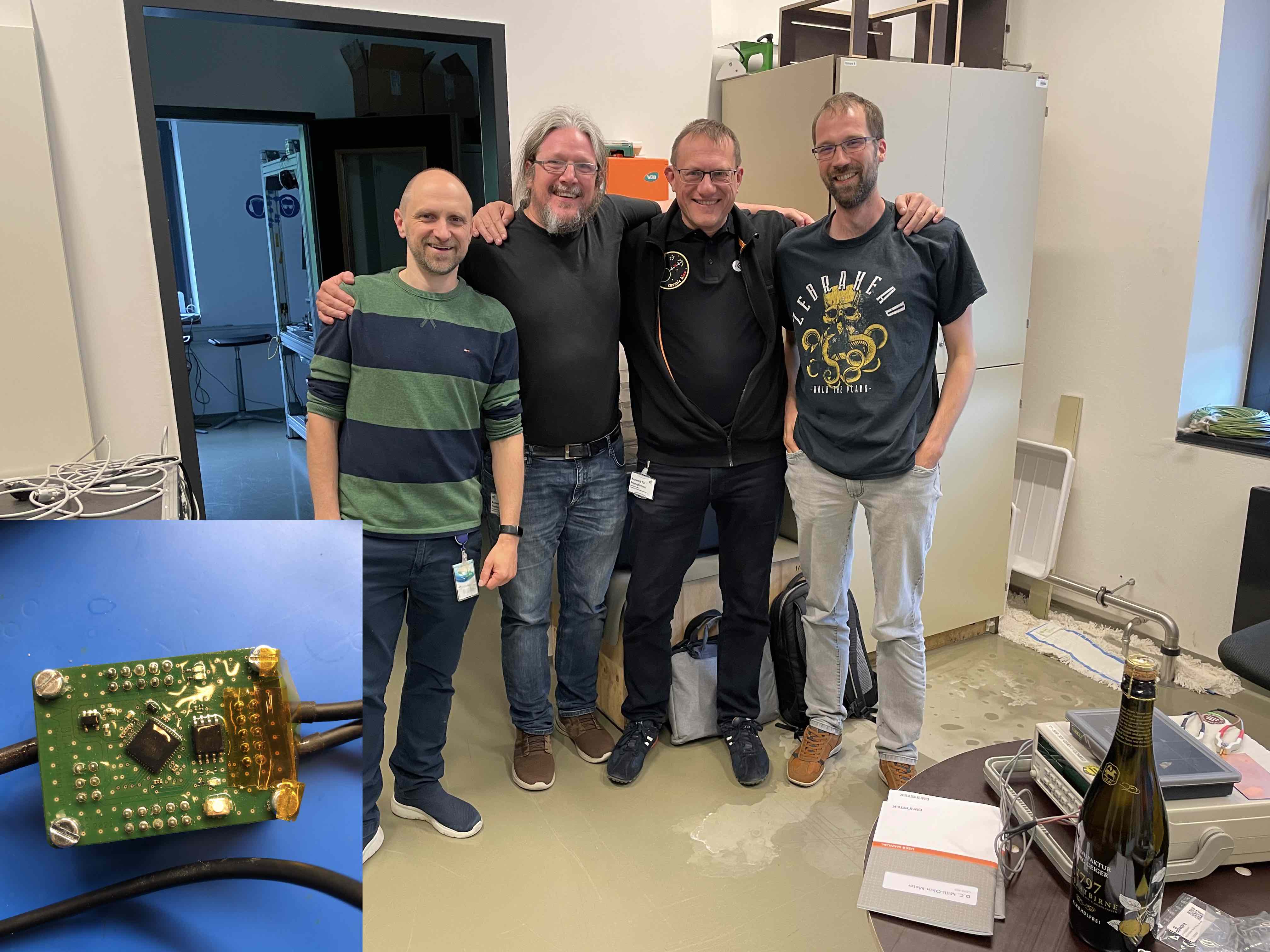
As part of our EduSat teaching project, we recently launched the first series of teaching courses Grundlagen Raumfahrtelektronik. The Hamburger Abendblatt has published an article on this. The long-term goal is to develop and launch a real CubeSat in combination with courses and working groups together with students. The scientific mission will also be developed in an interdisciplinary manner on the TUHH campus.
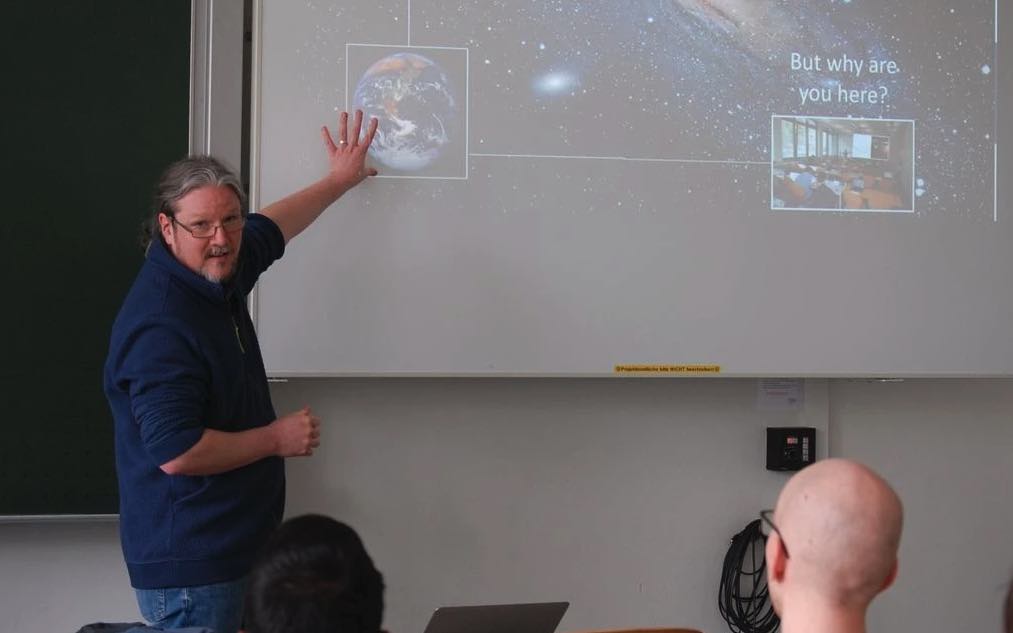
Yannick Loeck joined the Smart Sensors group the 1st of April (no joke). He will strengthen our research team and will work on the recently started project EduSat. Welcome, Yannick!
The use of smaller, more efficient and cost-effective FPGAs is also becoming increasingly important in the space segment. We therefore feel honored that our proposed payload RISA (Reliability Investigation of Low Power FPGAs for Space Applications) from TUHH's Smart Sensors Group has been selected by Institute of Space Systems at DLR in Bremen to fly on the 6U CubeSat PLUTO. We believe that RISA will make important scientific contributions to the reliable use of low power (LP) FPGAs in space missions over the duration of the DLR PLUTO mission.
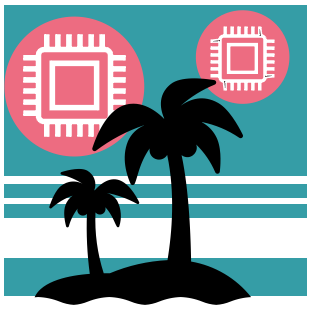
Christopher Büchse joined the Smart Sensors group as Doctoral Researcher with the 16th of January. He will strengthen our research team and will work on the recently started DLR research project SArES. Welcome, Christopher!
SArES is making an important contribution to future SCG sensor systems for monitoring the health of astronauts. In particular, SArES research will focus on local data backup and a hardware, firmware and software system tailored to the Artemis mission as a flight-capable system. The SArES project line is funded and administered by German Space Agency at DLR, supported by the Federal Ministry for Economic Affairs and Climate Action (FKZ 50WB2421A)
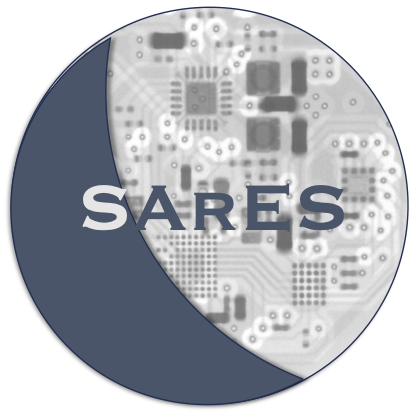
In the upcoming winter semester WS23, we will again offer interesting courses. The lecture Energieeffizienz in eingebetteten Systemen and two seminars on the topics of intra-satellite communication using LiFi, and sensors under space conditions.
Marek Jahnke joined the Smart Sensors group as Doctoral Researcher with the 16th of August. He will strengthen our research team and will work on the recently started DLR research project SatelLight. Welcome, Marek!
SatelLight project addresses the challenges of internal communications within a satellite. Research is being conducted into how LiFi - data transmission via light - can be used to replace cable harnesses and make communications more secure, robust and reliable . The SatelLight project line is funded and administered by German Space Agency at DLR, supported by the Federal Ministry for Economic Affairs and Climate Action (FKZ 50RP2360B)
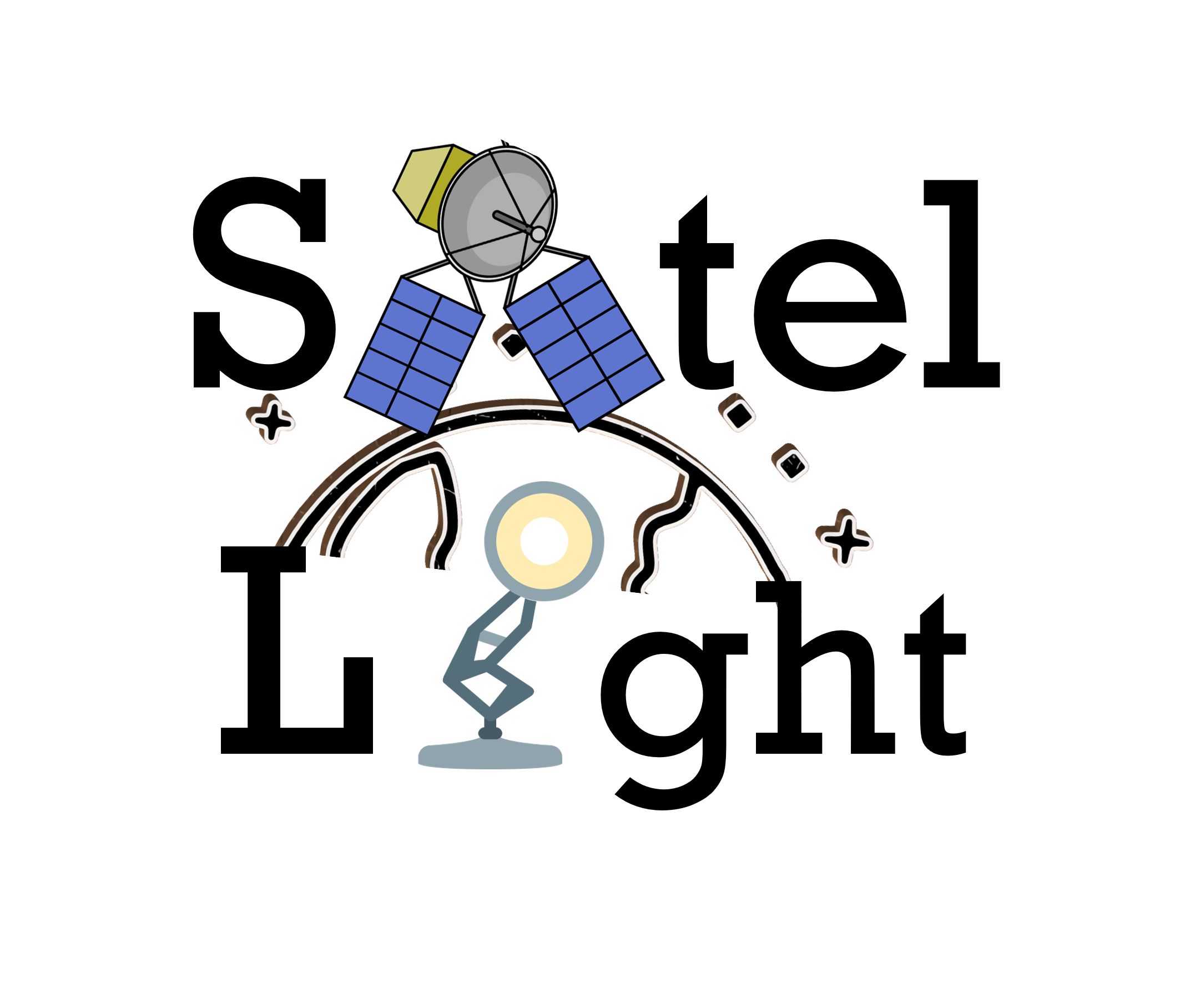
AuRelia is a research project dealing with autonomous and reliable scg sensors in challenging environments. In particular, the focus is on operation in radiation environments. The AuRelia project line is funded and administered by German Space Agency at DLR, supported by the Federal Ministry for Economic Affairs and Climate Action (FKZ 50RP2350)

Kazi Mohammad Abidur Rahman joined the Smart Sensors group as Doctoral Researcher with the beginning of August. He will strengthen our research team and will work on the recently started research project AuRelia - Autonomous and Reliable SCG-Sensor System for Human Space Exploration. Welcome, Kazi!
To increase the efficiency os embedded sensor devices, compression of streamed data are of high importance. Our paper Efficient Online Compression for MEMS based BCG Wearable Sensors on ULP FPGA presents a lightweight and efficient online compression for BCG data!
Lucas Bublitz joined the Smart Sensors group as Doctoral Researcher with the beginning of November. He will strengthen our research team in particular regarding low-power processing and, in the upcoming semesters, he will assist in our Master's courses (Energieeffizienz in eingebetteten Systemen und Smart Sensors). Welcome, Lucas!
As Sensor devices are often deployed outdoors, the environmental conditions can get worse. In our paper Analysis of Temperature Effects in Heterogeneous Outdoor Wireless Sensor Networks we investigated this effect.
Nice video about our experiment on ISS NASA Space2Ground. The interesting part within nice pictures and videos on board of the ISS start at min 1.52. There is also a Twitter Post by ESA Astronaut Samantha Cristoforetti with more details.

Our publication A Wireless Communication Network with a Ballistocardiography Experiment on the ISS: Scenario, Components and Pre-Flight Demonstration about the setup of Wireless Compose 2 and pre-flight demonstrations has been accepted by the IEEE IEEE Journal of Radio Frequency Identification In addition has Differential BCG Sensor System for Long Term Health Monitoring Experiment on the ISS been accepted by IEEE DCOSS 2022.
Our Paper ns-3-leo - Evaluation Tool for Satellite Swarm Communication Protocols has been accepted by IEEE Access Journal.
Ulf Kulau und Deichtorhallen-Intendant Prof. Dr. Dirk Luckow führen am 27. Januar 2022 durch die Ausstellung TOM SACHS – SPACE PROGRAM: RARE EARTHS. Wir freuen uns sehr über diese Einladung und Möglichkeit.
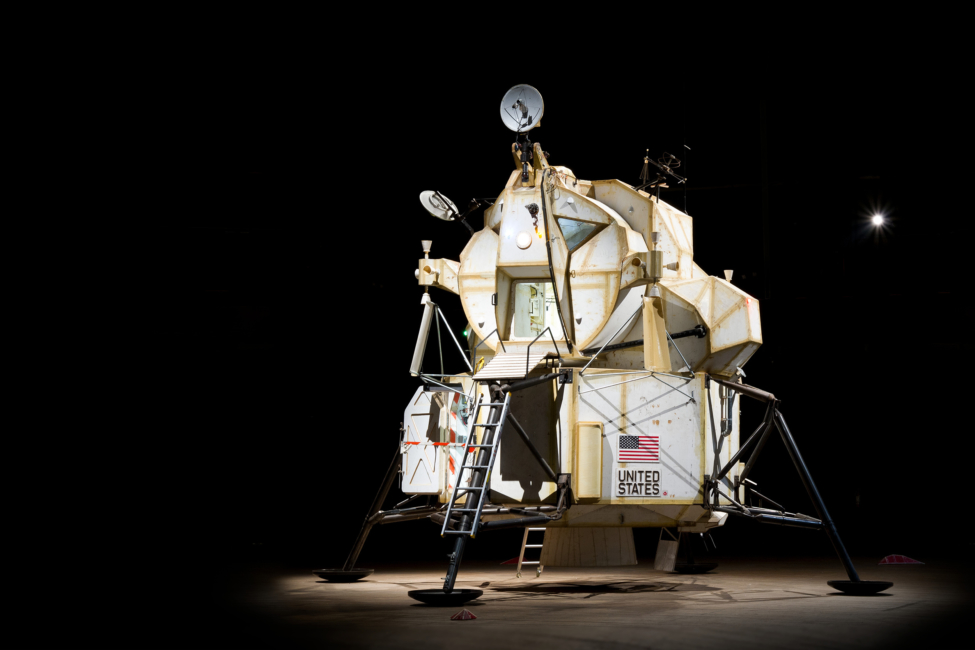
Kurz vor Weihnachten, am 21.12.2021 sind unsere BCG Sensoren mit SpaceX CRS24 zur ISS aufgebrauchen. Am 10.01.2022 wurde das Kommunikationsnetzwerk für die Übertragung der BCG Daten innerhalb der ISS erfolgreich installiert. Ende Januar erwarten wir die ersten Messdaten von der ISS.

Kurz vor dem Start von Matthias Maurer zur ISS (Sonntag 31.10.2021), wird am Samstag 30.10.2021 um 19:30 bei butenundbinnen ein kurzer Fernsehbeitrag zu unserem BEAT Projekt Wireless Compose 2 ausgestrahlt. Nach aktuellem Stand werden unsere Sensoren im Dezember mit der Cargo-Mission SPX24 zur ISS aufbrechen.
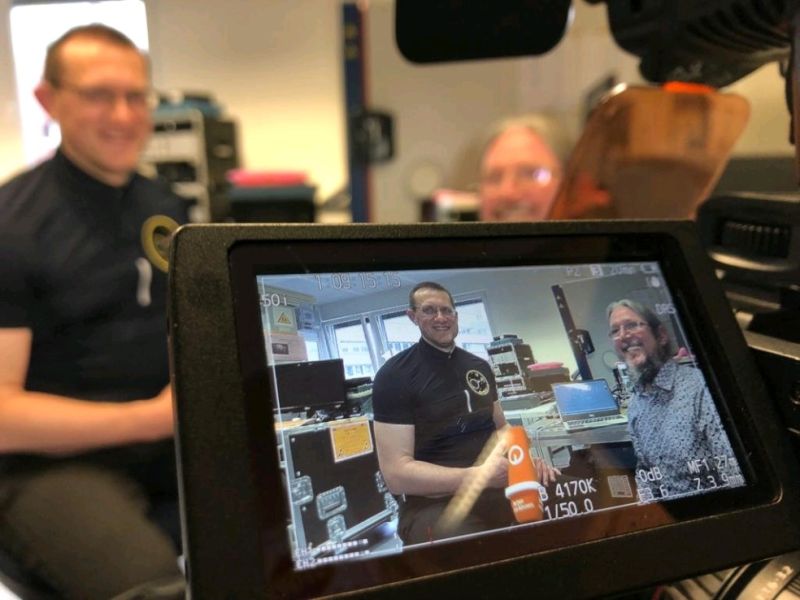
In der Lehrveranstaltung Energieeffizienz in eingebetteten Systemen wird ein umfassender Blick auf die Möglichkeiten zur Erlangung energieeffizienter eingebetteter Systeme vermittelt. Neben der Vorlesung wird eine Übung angeboten, in der die Themen der Vorlesung behandelt werden. Ferner wird es eine praktische Übung geben, bei der "Hands-on" ein Energy-Harvesting System in Kleingruppen implementiert werden soll.
Since October 2021, TUHH now has the Smart Sensors Group, which is headed by Ulf Kulau. The focus is on robust digital signal processing that can be efficiently implemented on embedded sensors. In general, one focus is the use of smart sensors in challenging environmental conditions. Current research is particularly concerned with sensors for space applications in combination with medical sensor technology.


